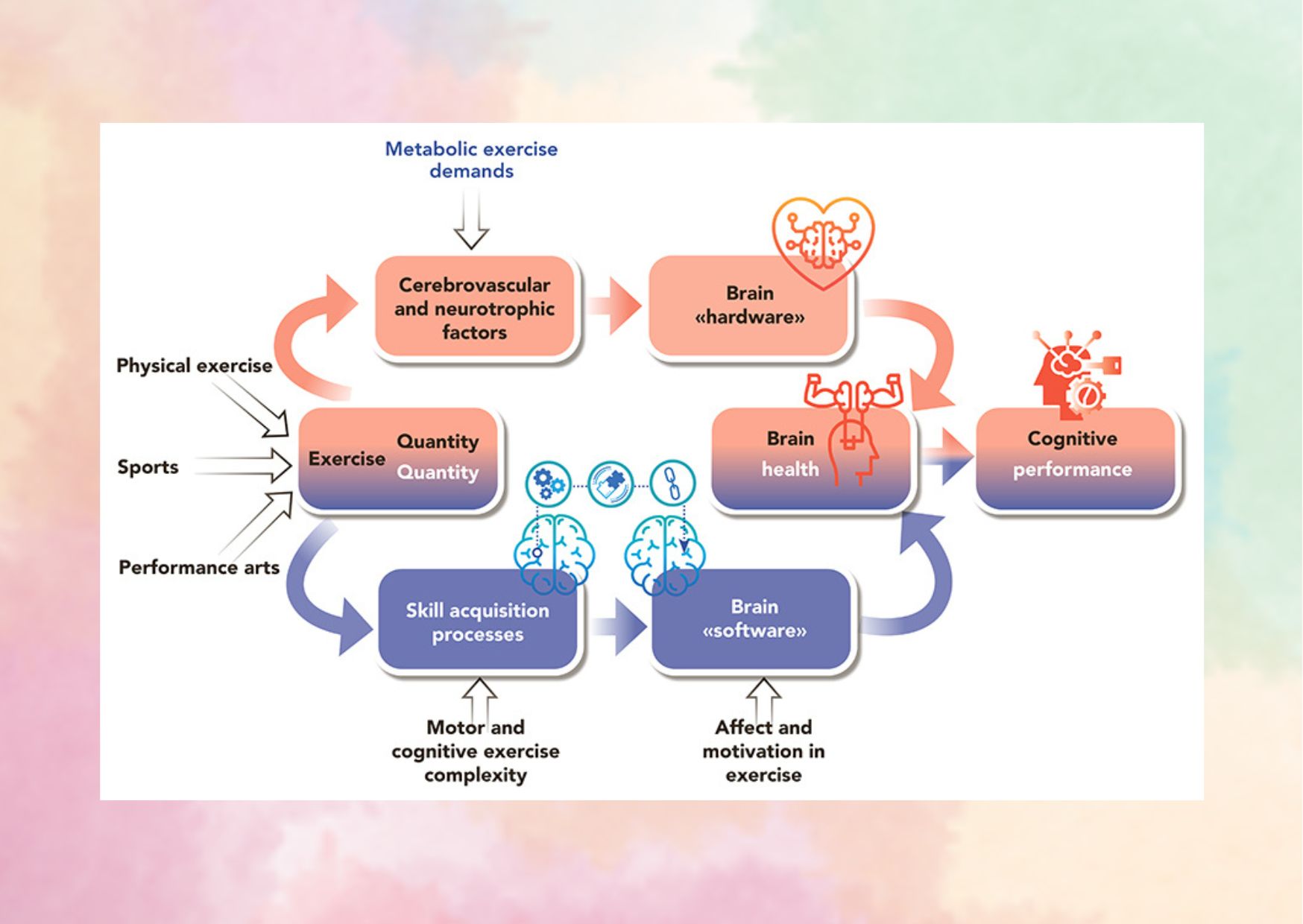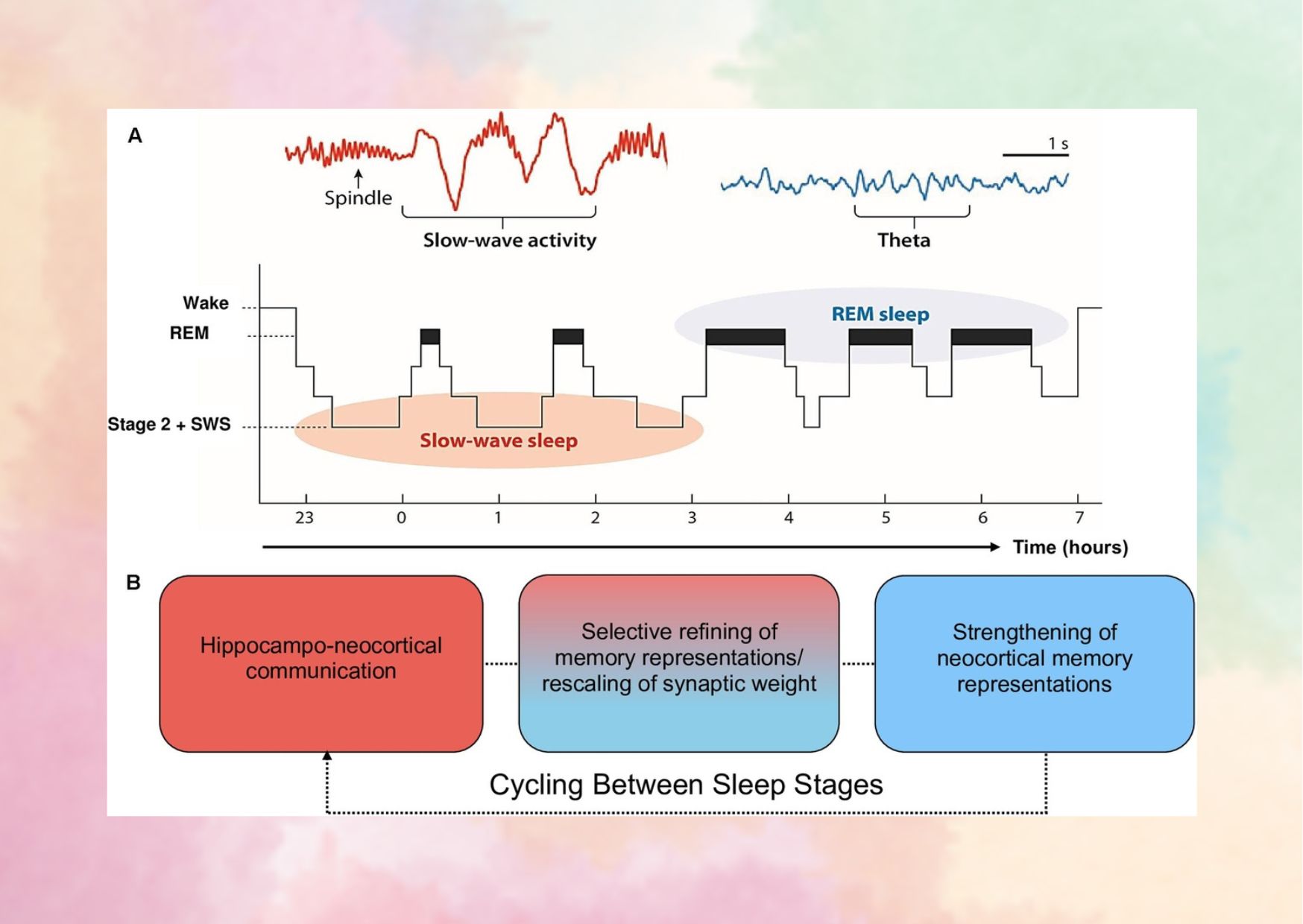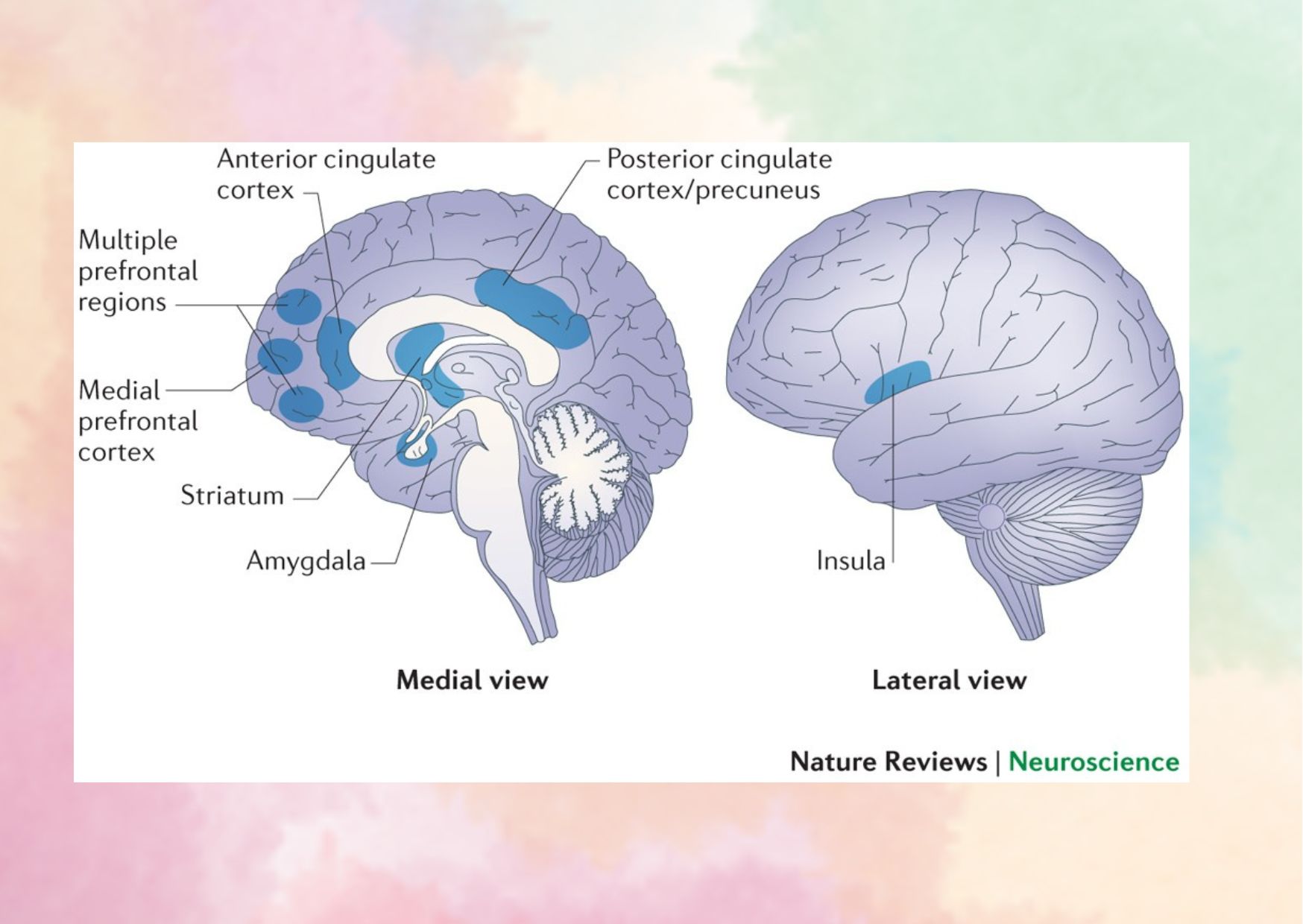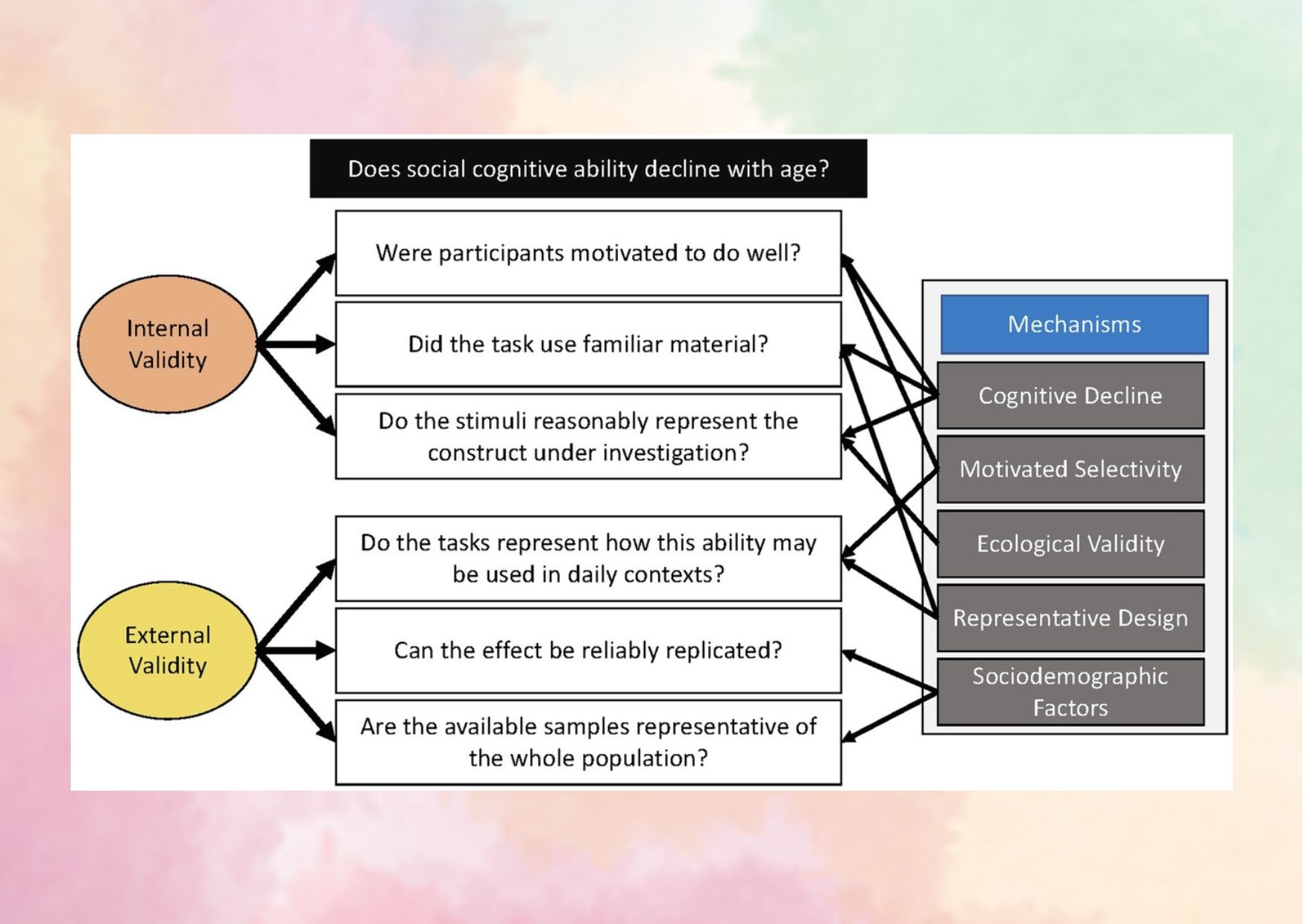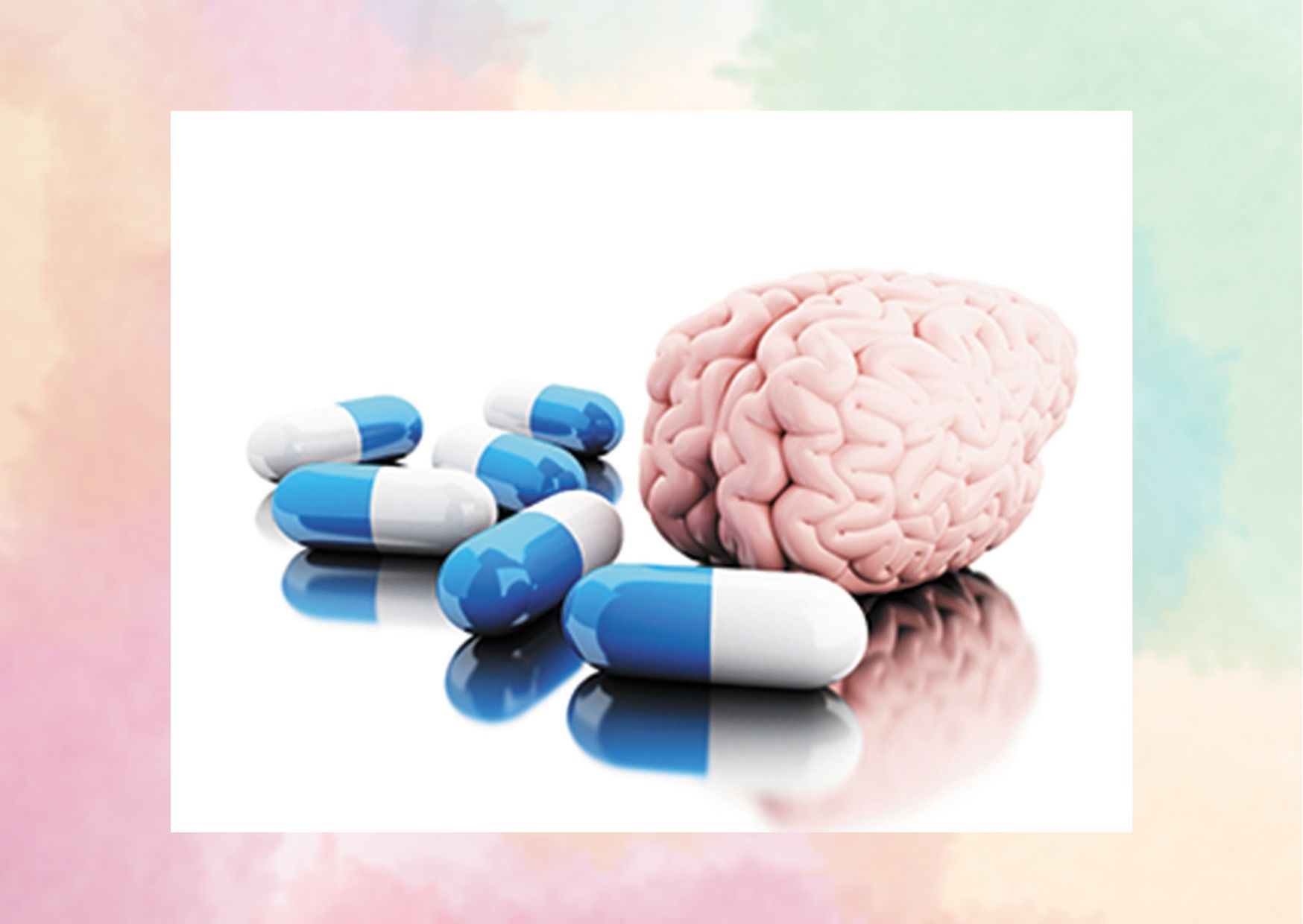Organization Techniques for Better Recall
- Chunking Method: Break down large amounts of information into smaller, logical units or “chunks” that are easier to understand and remember. For example, when learning a new language, group vocabulary words into functional categories like household items, animals, or occupations.
- Visual Tools: Incorporate visual aids such as concept maps, graphs, illustrations, and photographs to simplify complex information and make it more comprehensible. Visual learners, in particular, may benefit from these techniques, as they can serve as powerful retrieval cues.
- Routine and Structure: Establish a daily routine and designated areas for specific activities. This reinforces familiarity and creates a sense of continuity, supporting memory recall and overall cognitive function.
Using Memory Aids and Tools
- Calendars and Planners: Utilize calendars, wall charts, noticeboards, or whiteboards to record important events, tasks, and reminders. Develop a habit of regularly checking and updating these tools to reinforce memory.
- Journals and Notebooks: Maintain a journal or notebook to document daily activities, thoughts, and experiences. Reviewing these records can aid in recalling past events and strengthening memory associations.
- Medication Reminders: Use pill organizers or medication reminder boxes to ensure timely and accurate medication intake, which can be particularly helpful for individuals with memory challenges.
- Alarms and Timers: Set alarms, watches, or kitchen timers to remind you of important appointments, tasks, or events throughout the day.
- Technology and Apps: Leverage the power of technology by using smartphones, tablets, or voice-activated devices to set reminders, take notes, and access memory-enhancing applications.
Creating a Memory-Friendly Environment
- Decluttering: Remove unnecessary clutter and organize your living space, making it easier to locate and access frequently used items.
- Labeling and Signage: Use clear labels, signs, or color-coding systems to identify rooms, doors, and essential items, aiding navigation and recognition.
- Sensory Cues: Incorporate familiar scents, textures, and sounds to create a comforting and engaging environment that can evoke positive memories and associations.
- Personalized Memory Displays: Incorporate photographs, memorabilia, and familiar objects that hold personal significance, encouraging reminiscence and creating a sense of continuity.
By implementing these organization strategies, utilizing memory aids, and creating a supportive environment, individuals can enhance their ability to retain and retrieve information, ultimately improving their overall cognitive function and memory performance.
Limit Alcohol Consumption
Excessive alcohol consumption can have detrimental effects on remembering process and cognitive function. Here’s why it’s crucial to limit alcohol intake:
Alcohol’s Effects on Memory
Alcohol primarily interferes with the ability to form new long-term memories, leaving intact previously established memories and the ability to keep new information active in memory for brief periods. As the amount of alcohol consumed increases, so does the magnitude of memory impairments. Large amounts of alcohol, particularly if consumed rapidly, can produce partial (fragmentary) or complete (en bloc) blackouts, which are periods of memory loss for events that transpired while drinking.
Blackouts represent episodes of amnesia, during which individuals are capable of participating in salient, emotionally charged events—as well as more mundane events—that they later cannot remember. Rapidly rising blood alcohol levels, gulping drinks, and drinking on an empty stomach are factors that can precipitate blackouts.
Safe Drinking Guidelines
Current NHS guidelines state that both men and women should limit their alcohol intake to 14 units per week. A unit is dependent on the amount of pure alcohol in a given volume and can be calculated for specific drinks. Drinking alcohol in moderation within these recommended limits has not been conclusively linked to an increased risk of dementia.
However, drinking more than 28 units per week can lead to a sharper decline in thinking skills as people get older. Long-term heavy drinking can also result in a lack of vitamin B1 (thiamine) and Wernicke-Korsakoff syndrome, which affects short-term memory.
Alternatives to Alcoholic Beverages
If you regularly drink alcohol, try to do so in moderation and within recommended limits. Set yourself a weekly alcohol limit and keep track of how much you’re drinking. Have several alcohol-free days each week, and try low-alcohol or alcohol-free drinks, or smaller sizes of drinks. Alternate between alcoholic and non-alcoholic beverages like cola, water, or juice.
Let your friends and family know that you’re cutting down and how they can support you. This can make it easier to drink less, especially at social events. Take advantage of particular dates and events to motivate you, such as making a New Year’s resolution to drink less.
